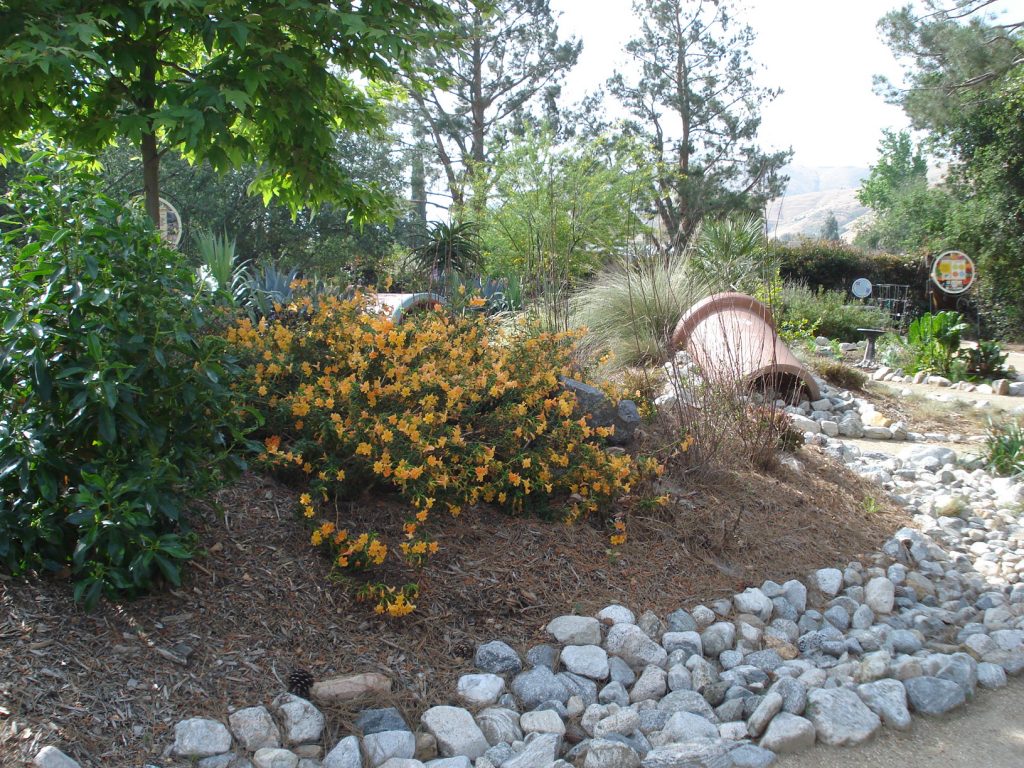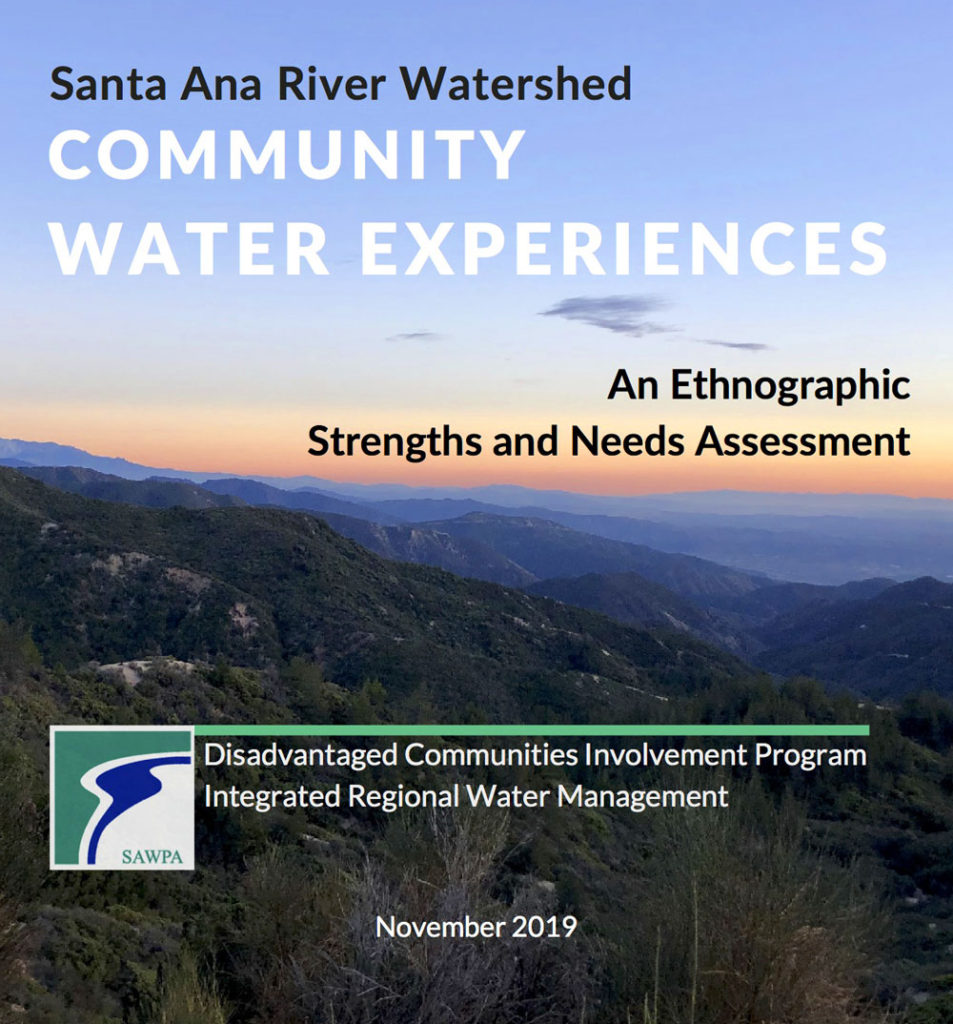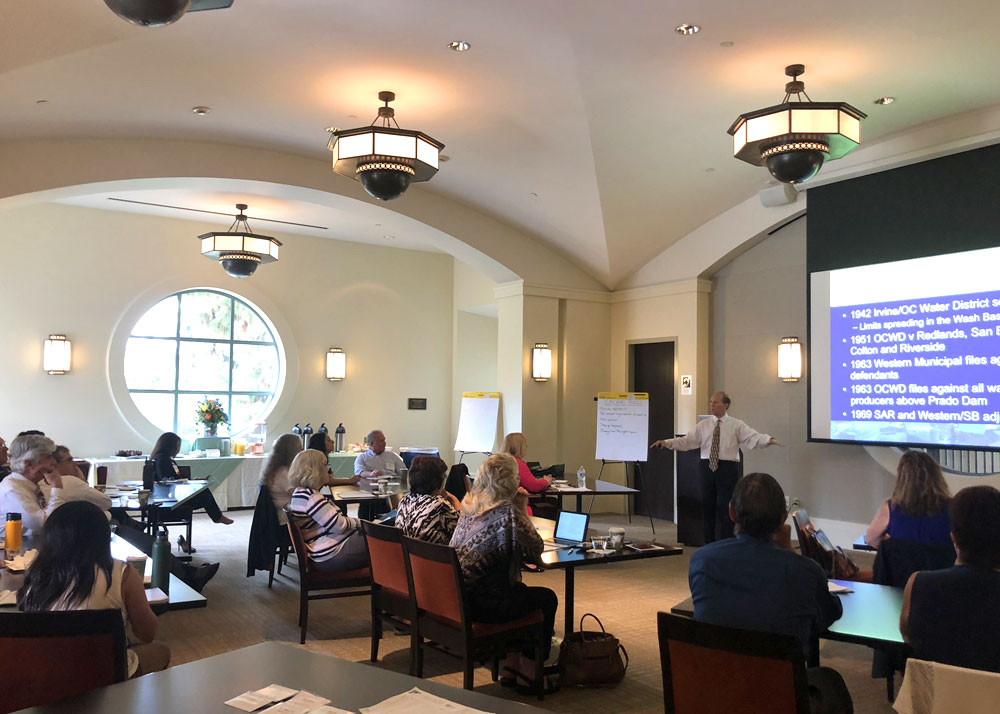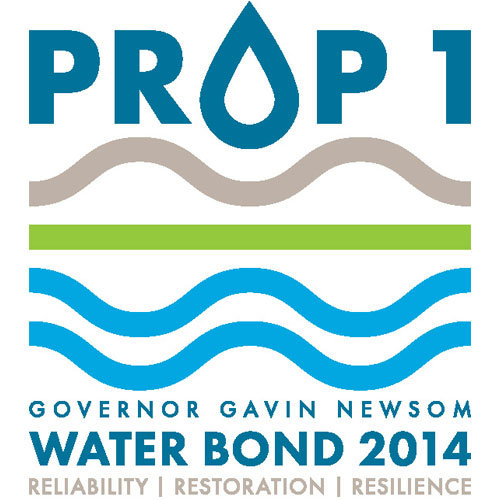The Disadvantaged Communities Involvement (DCI) program aims to provide extra support to Integrated Regional Water Management (IRWM) funding areas with disproportionately high numbers of individuals who meet the state-defined criteria for a “disadvantaged community.” In water-system-services terms, these communities are considered to be underserved and chronically excluded from watershed planning processes.
The DCI team in the Santa Ana region has collected one-on-one and group interview data through an ethnographically informed process to learn more about the strengths and needs of the 1.7 million members in disadvantaged communities across the Santa Ana River Watershed. After completion, the ethnographic strengths and needs assessment helped to establish priority needs for Technical Assistance dollars to projects across the watershed, and may be further developed to provide a model for pre-planning inclusion, education, and responsiveness on behalf of water agencies.

Download the Disadvantaged Communities Involvement (DCI) Program Brochure

Strengths and Needs Assessment
Santa Ana River Watershed Community Water Experiences: An Ethnographic Strengths and Needs Assessment is now available.
Using ethnographically informed listening sessions and interviews, the DCI program partners engaged with indigenous communities, other local communities, elected officials, water-related agencies, and mutual water companies, and to both acknowledge and document the strengths and needs of the watershed’s disadvantaged and underrepresented communities.
Contact DCI Program Team with all report-related questions.
Engagement and Education
The findings from the strength and needs assessment inform SAWPA’s outreach to community members, water agencies, and local elected leaders. Some of these efforts include the LGC Watershed Ambassador workshop series for local policymakers, the statewide Disadvantaged Communities and Tribal Involvement (DACTI) summit for IRWM practitioners, and community dialogue and feedback sessions. Visit the Events page to learn more.
On-call translation services and the Trust the Tap campaign a suite of tap-water education products—aimed to help water agencies engage with and better inform community members whose primary language is not English. The Community Water Internship provided college students in the watershed with an opportunity to develop professional skills while adding capacity to local water agencies and nonprofits.


Project Development
Of the $6.3 million awarded to the Disadvantaged Communities Involvement (DCI) program, $2.9 million have been set aside for the provision of Technical Assistance (TA). The purpose of these monies is to support the development of projects and programs that address the needs uncovered through SAWPA’s Strengths and Needs Assessment. To learn more about Technical Assistance funds available through this grant, view the Technical Assistance pages.
Funding Acknowledgment
The Disadvantaged Communities Involvement Program is funded by the Department of Water Resources Integrated Regional Water Management Proposition 1 Grant. The total funding awarded is $6.3 million with an anticipated completion date of April 30, 2020. The Proposition 1 2016 IRWM Guidelines establish the general process, procedures, and criteria that DWR will use to implement the IRWM Disadvantaged Communities Involvement Program.



